
The hit 1972 sitcom “M*A*S*H” introduced the world to a number of memorable and beloved characters, from the smart-mouthed yet compassionate Captain Benjamin Franklin “Hawkeye” Pierce to his endearing friend, Captain B.J. Hunnicutt. Almost every character had stuck in the minds of the fans.
One of the characters that often featured but was easily overlooked by his military counterparts due to his nervous nature was the 4077 MASH unit’s company clerk, Corporal Walter Eugene “Radar” O’Reilly. Although many of the staff on the base tended to take Radar’s effort for granted, the fans sure noticed him.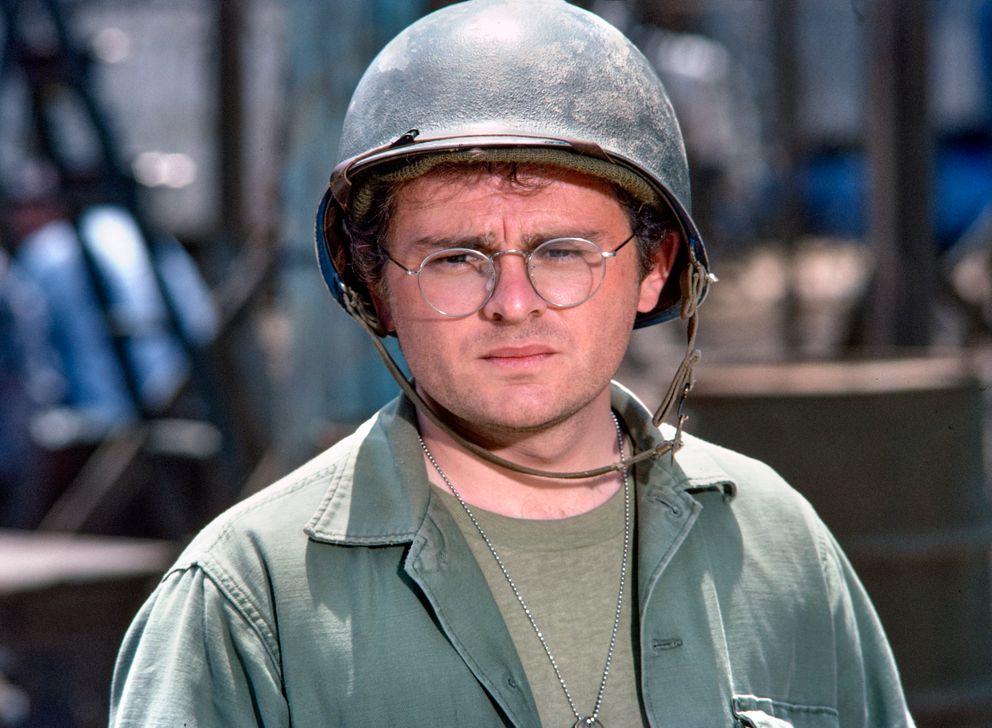
Radar was portrayed by the acclaimed actor Gary Burghoff from the start of the TV show in 1972 until the seventh season, which aired in 1979. Although fans clamored for more of the unassuming clerk, Burghoff revealed that he needed to step away from the show to rekindle his personal relationships and fight burnout.
“M*A*S*H’s” Influence and Burghoff’s Personal Identity
Although Burghoff enjoyed playing Radar, the role became increasingly demanding. The actor commented that it became difficult to separate himself from his character in the eyes of the public, which soon became tedious. He also noted that he despised being fawned over by the crowds:
“Aw, I know I’m cute. Cute, cute, CUTE! I was always cute because I was always the smallest kid on the block. I hate cute.”
Everyone saw Burghoff as an adorable, short, timid character as they’d known him on-screen and on the stage for many years. However, after years of being looked down upon, both metaphorically and physically speaking, Burghoff grew tired of the persona so easily attributed to him by scores of people he had never even met.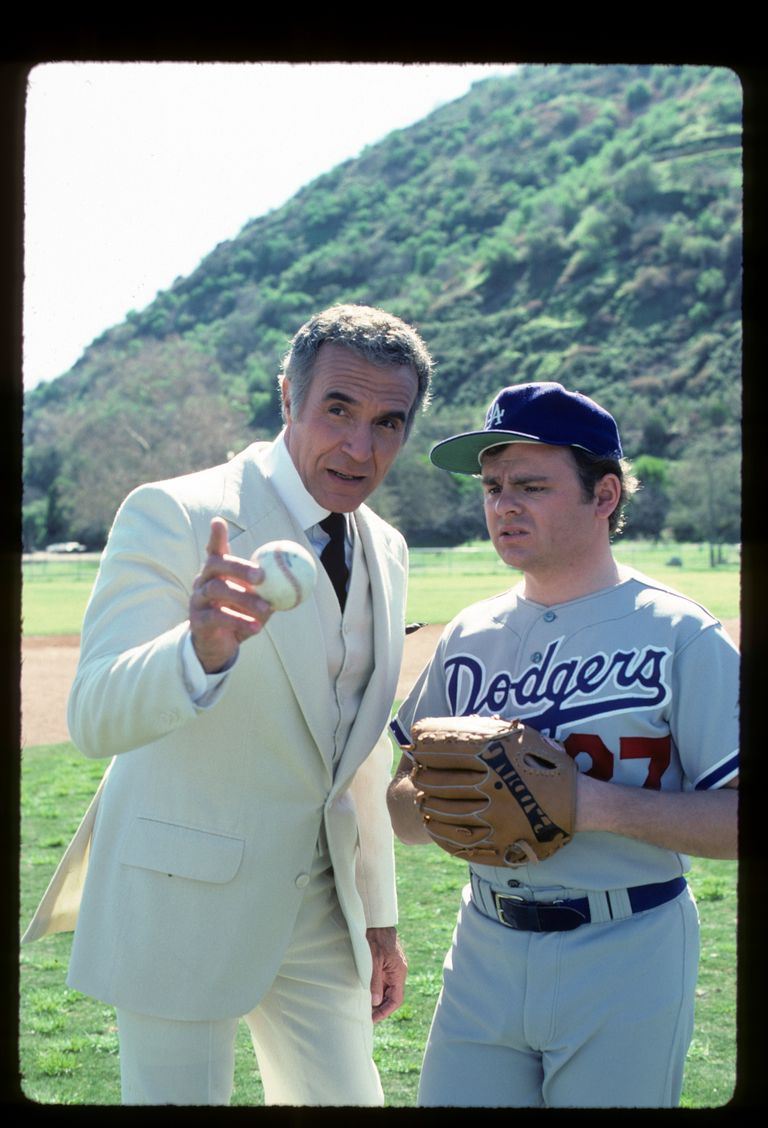
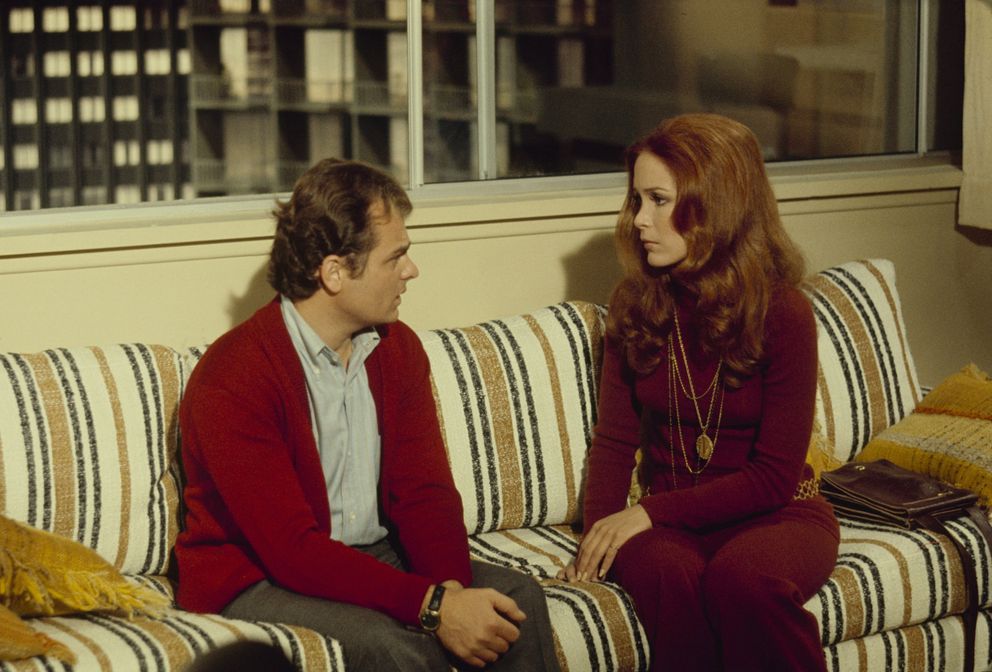
The actor lashed out against this view of him as a cute little fellow by defending his height. As he so rightly pointed out, 5 feet 6 inches isn’t irregularly short, and he would have seen the tops of Arte Johnson or Mickey Rooney’s heads had they ever met. Nonetheless, the persona stuck.
Luckily for all his fans, Burghoff didn’t let his disability stand in his way, and he pursued his dream of becoming an actor.
Despite his misgivings about how others perceived him, Burghoff’s fellow cast members adored him. The director Charles Dubin recalled working with Burghoff before he left “M*A*S*H,” noting how caring and pleasant Burghoff was to everyone on set. However, Burghoff had another aspect of himself that drove down his self-esteem.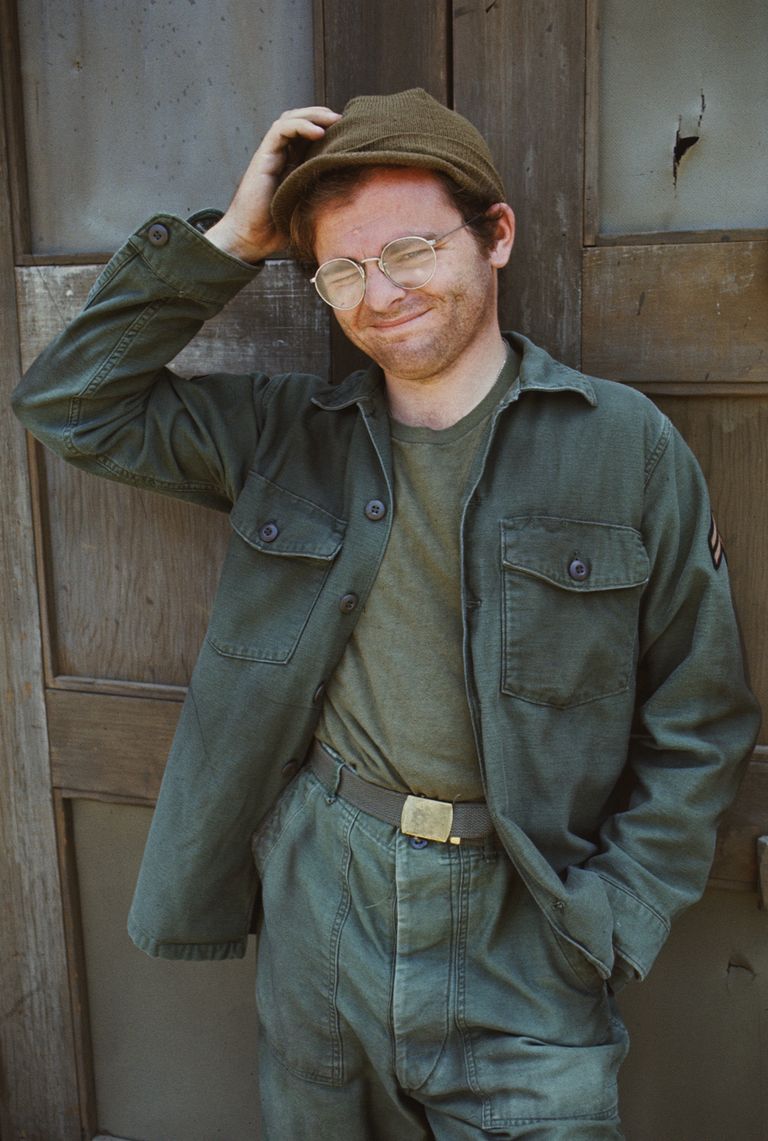
Burghoff had been born with a congenital disability called Brachydactyly, a form of Poland Syndrome. The condition left the actor with three fingers on his left hand that were noticeably smaller than the rest of his digits, and the abnormality had plagued him since he was a small child. The actor commented:
“Of course, this defect affected me while I was growing up. I suppose when I was very young, I knew my disability would set me apart and make me special.”
Luckily for all his fans, Burghoff didn’t let his disability stand in his way, and he pursued his dream of becoming an actor. Yet, becoming a fan-favorite on one of the most iconic TV shows America had ever produced never managed to quell his insecurities about his stout fingers and stocky frame.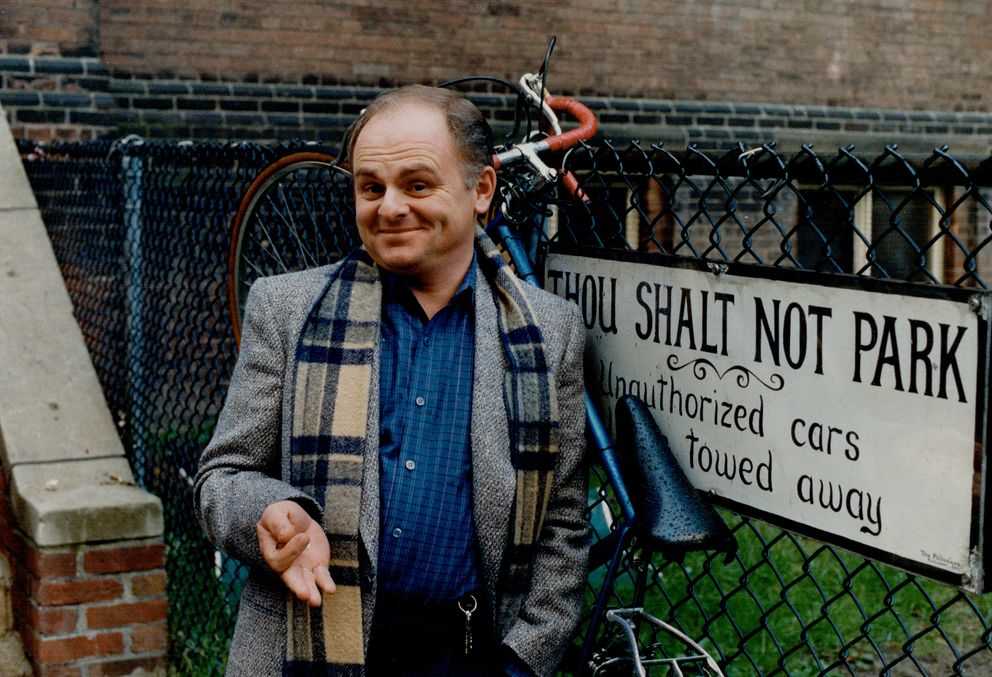
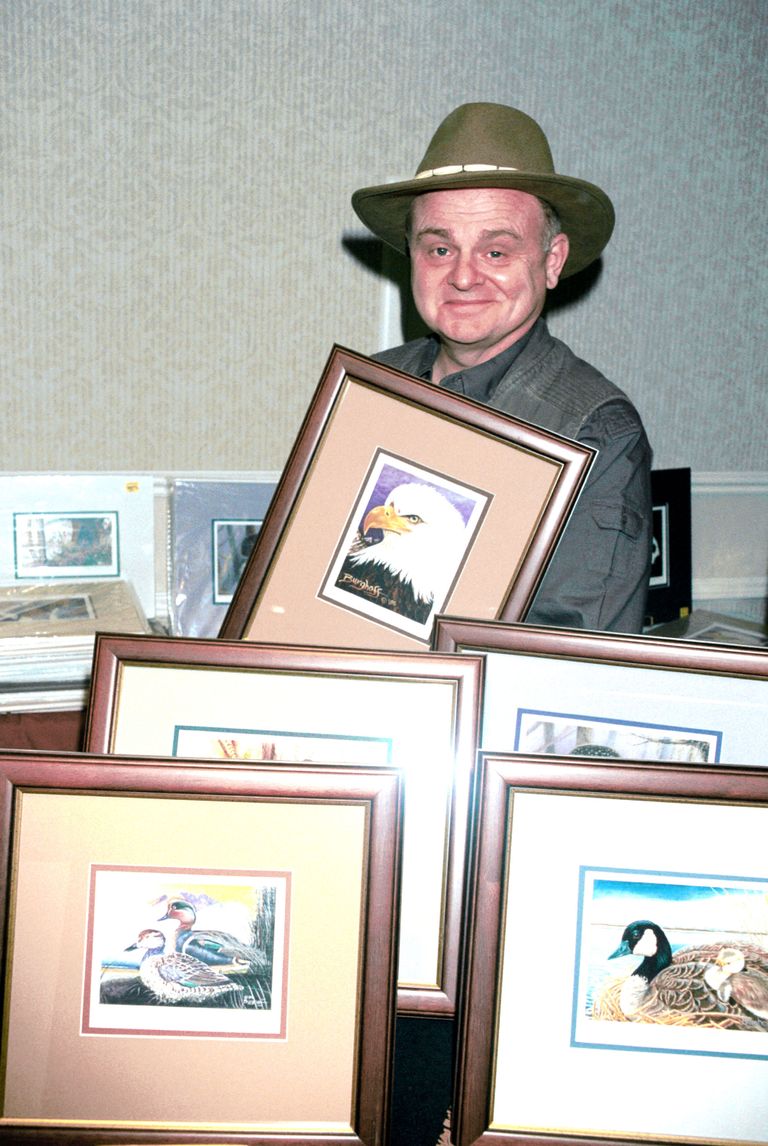
Throughout his run on “M*A*S*H,” Burghoff tried to hide his left hand from the camera. He would often position himself so that the camera could only see one side of his body and usually gestured with his right if the scene required it, although the actor would be obligated to use both hands now and again.
In one of the earliest episodes, viewers were introduced to Radar as he stood in an open area, wearing a greyish shirt and his trademark cap. As the actor turned around and looked at the sky — once again hearing approaching helicopters before everyone else — the camera briefly panned over both his hands holding a football.
When Colonel Sherman T. Potter first made his appearance on the show, taking over from the beloved Lieutenant Colonel Henry Blake, Radar and the new commander shared a scene where they first met. As Colonel Potter exited the room to find the latrines, the camera centered on Burghoff’s upper body as he opened a box with both hands.
Another infamous scene caught Burghoff with both hands on camera. During a regular morning salute, with the loathsome Major Frank Burns leading the ceremony, Radar does his usual morning salute with a bugle. In a hilarious twist, one of the men fires off the ceremonial canon at Burns’s behest.
Naturally, Radar gets the short end of the stick as the cannonball flies directly at him, knocking his instrument clean out of his hands. In the next few seconds, Burghoff turns toward the camera in a pantomime of rage, balling his fists and stomping in outrage. Here, both his hands can be seen for a brief second.
In one of the later episodes, the writers showed off Radar’s softer side when he cuddled his pet guinea pig, Babette. Naturally, Radar stood with his left hand beneath his right, but just as he started to sing, Father John Mulcahy called for him. Burghoff’s hands were visible again as he put the Babette away.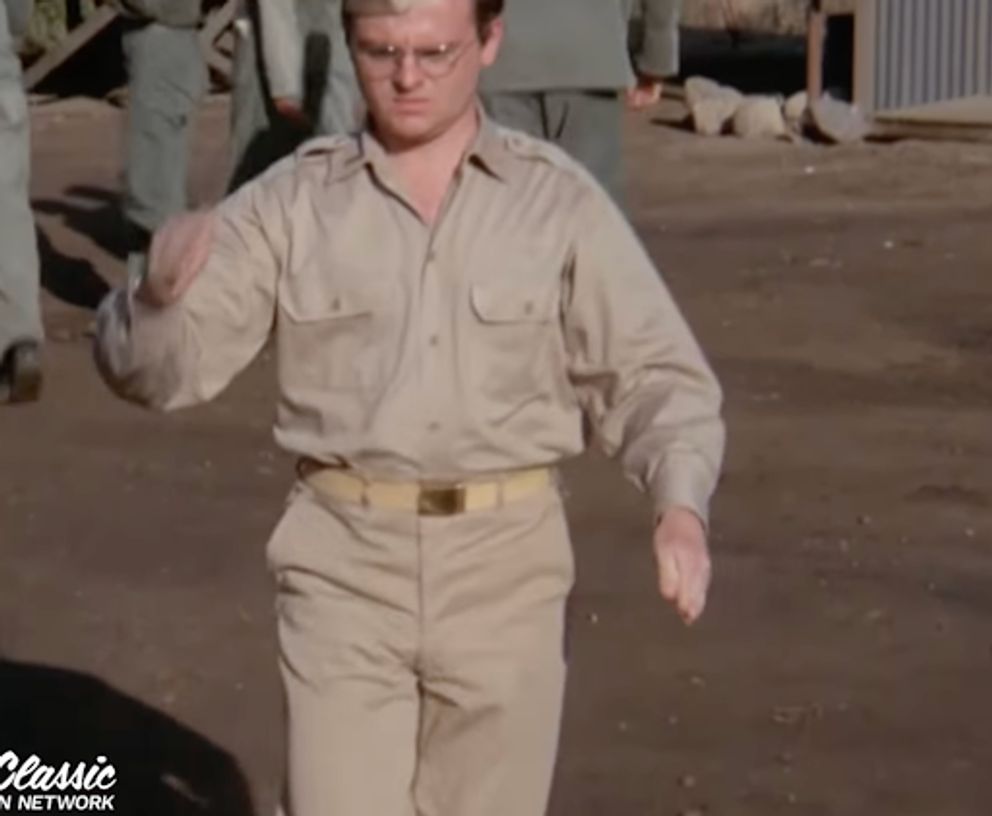
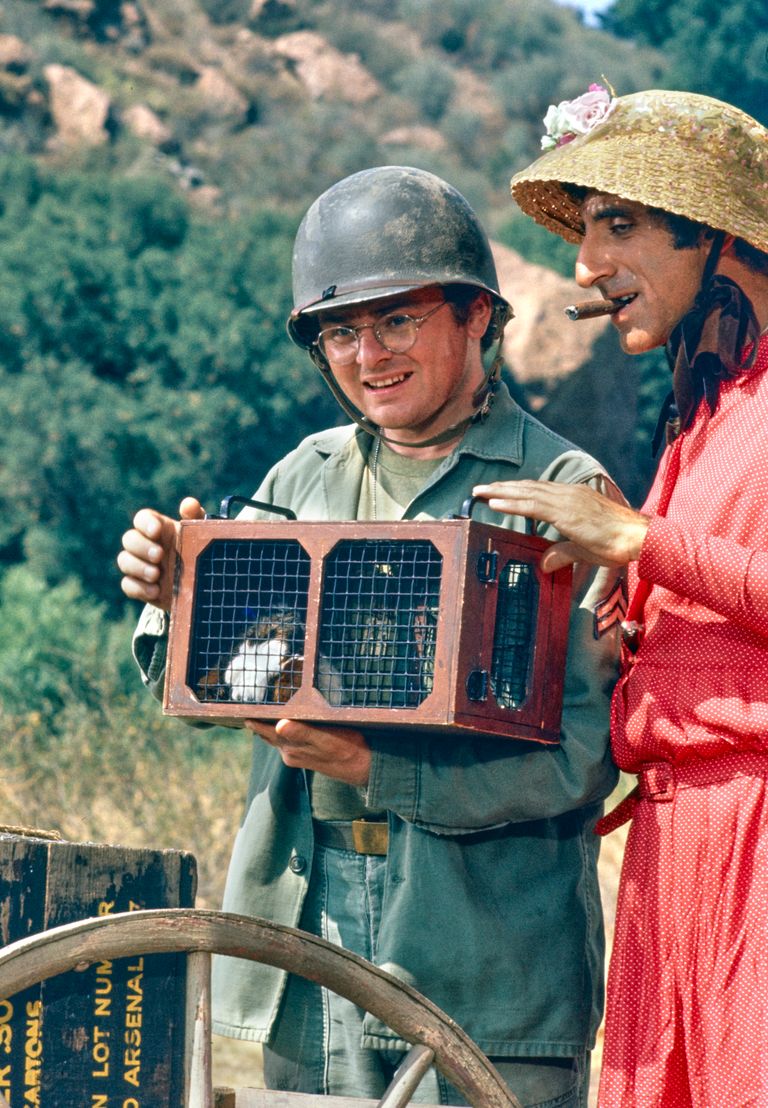
One of the scenes where Burghoff openly showed his left hand came as part of another gag the show pulled. At the start of the scene, Radar could be seen walking across a dirt road while two other military personnel walked away from the camera. The man on Radar’s right first lifted his hand in salute, followed shortly by one on the left.
Radar, the pleasant character he was, lifted his right hand in response to the first salute, as military etiquette dictates. Caught off guard by the quick second salute, Radar lifted his left hand as well, essentially performing a double salute. Feeling sheepish, he frowned and lowered his hands slowly in one of Burghoff’s classic displays of confusion.
Jase and Missy Robertson’s journey: Overcoming obstacles and finding strength
Mia Robertson, the youngest daughter of Duck Dynasty’s Jase & Missy Robertson, has been born with a condition known as cleft lip and palate, a gap in the upper lip that can involve the gum as well.
The U.S. Centers for Disease Control and Prevention shares that about one in every 1,600 babies is born with a cleft lip with a cleft palate in the U.S.
Because of her condition, sweet Mia, who is now 18 years old, has been forced to undergo 13 surgeries, with the 14th taking place just recently. The family truly hopes this would be Mia’s last procedure before her problem is finally solved.
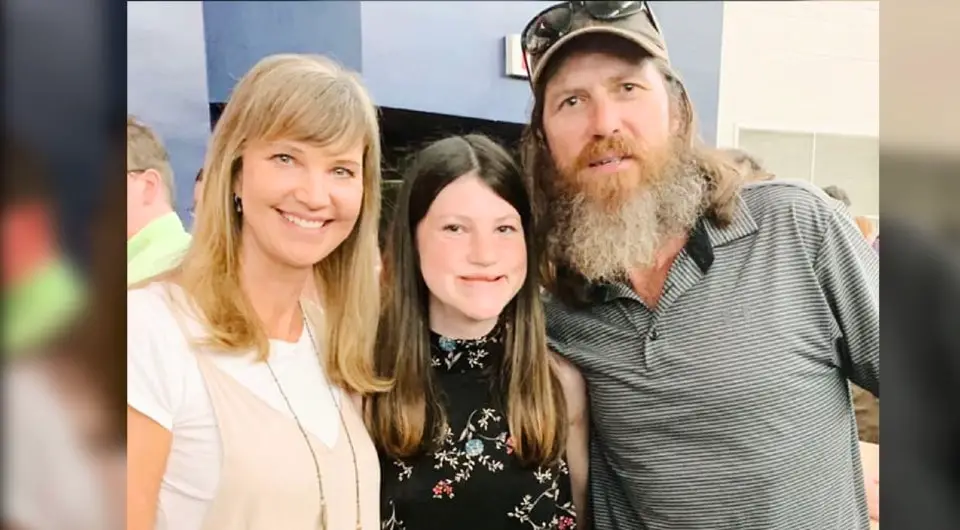
Throughout every surgery, the young girl remains positive. What’s most, she hopes she serves as inspiration for other young children who are born with the same condition. On her own initiative and with the help of her family, Mia established the Mia Moo Fund in order to assist in making certain that each and every child wears a smile on their face.
“One of the functions of the Mia Moo Fund is to spread awareness of the cleft lip and palate journey,” Missy Robertson told Christian Post. “The other one is to help with medical funds for the parents and the families living right here in America.”
On his podcast Unashamed, Jase Robertson shared an update on Mia’s condition and said that his daughter is recovering well.
“She’s doing great. She’s turned a corner,” he said, and then added, “Everything seems great, seems to be fine.”
“Surgery went a little longer than expected, but she is home and recovering,” the loving father told his podcast listeners. “Thank you for praying for her and for our family. She is a champion!”
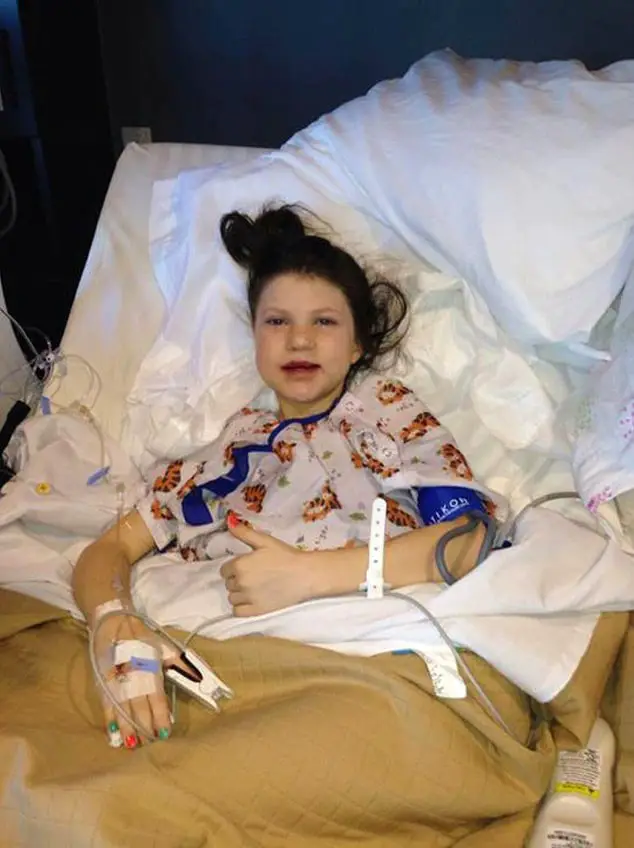
Before the surgery took place, Missy spoke of her daughter’s condition and explained that she had been constantly asked about the number of procedures Mia would need to undergo in the future. “There is never any other response than ‘We just don’t know,’” Missy said. She then added that they rely on God for assistance. “Since she is 18 now, she is taking the lead in all the discussions and medical forms. It’s been a little strange,” Missy wrote. “But it’s just another reminder to lean on the Lord and that I’m not in control.”
Mia also hopes that she’s at “the finish line.”
“Hopefully the last time I’ll see my doctors in this setting! It’s been a long road but we are at the finish line,” brave Mia said.
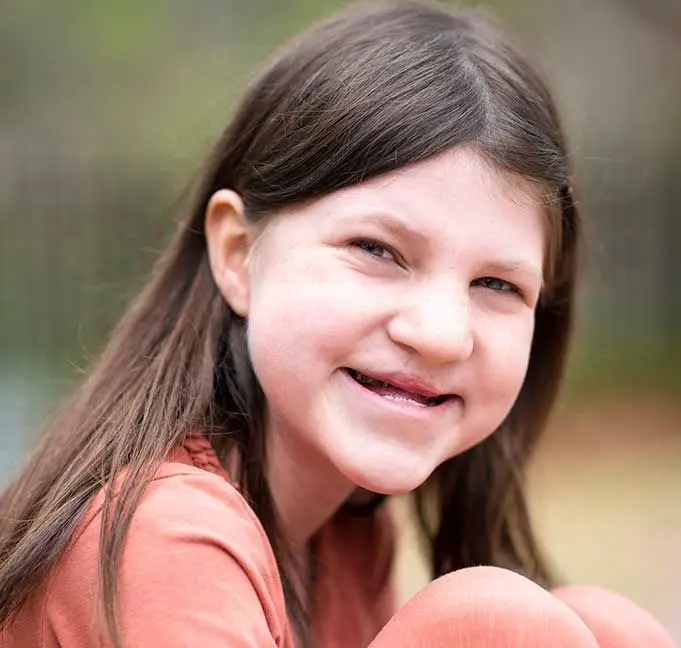
The Robertson’s have also been preparing for a new addition to the family as they open the doors to their hearts and home for a child whose mother was unfit to take care of.
We wish Mia speedy recovery.
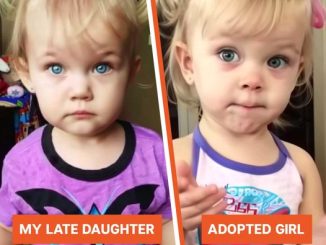
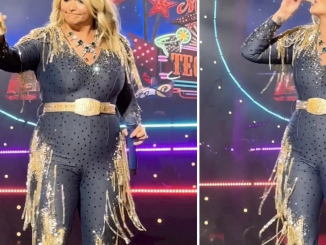

Leave a Reply